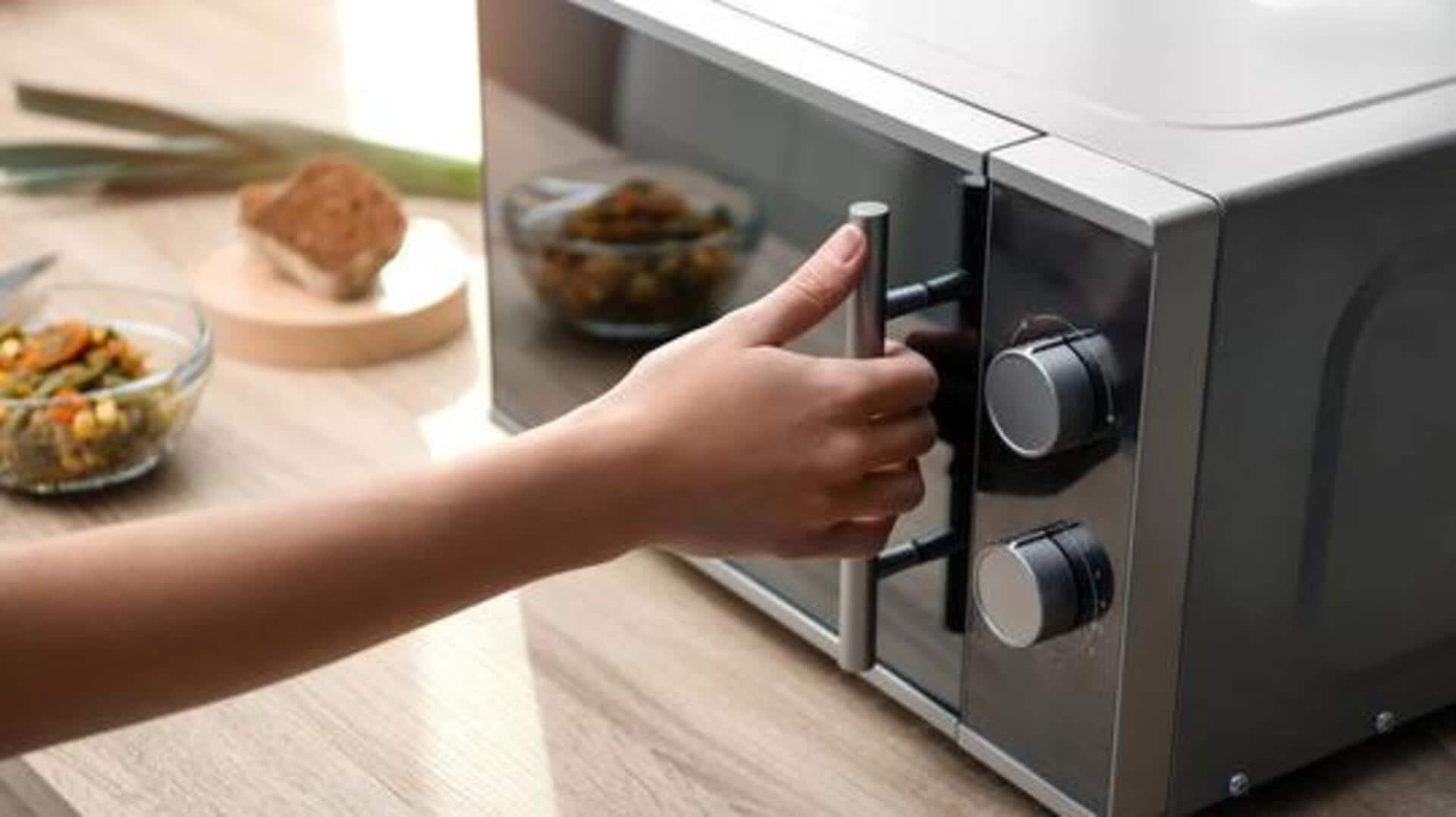
Does microwave cooking destroy nutrients?
What's the story
Microwave cooking is often criticized for destroying nutrients in food. However, this belief isn't entirely accurate. In fact, microwaving can be a healthy way to cook, depending on how you use it. By understanding how microwaves work and their effect on food, you can make informed decisions about cooking methods. Here are some insights into the nutrient preservation capabilities of microwave cooking.
Cooking method
How microwaves cook food
Microwaves cook food by emitting electromagnetic waves that cause water molecules in the food to vibrate. This generates heat, which cooks the food from the inside out. Unlike conventional ovens, which heat air and then transfer that heat to the food, microwaves directly affect the molecules in the food. This direct heating can reduce cooking time and energy consumption.
Vegetable nutrients
Nutrient retention in vegetables
Research indicates that microwaving vegetables can retain more nutrients than boiling or frying. The quick cooking time and less water used means fewer vitamins leach out into cooking liquid. For example, studies have shown that steaming broccoli in a microwave retains up to 90% of vitamin C content, compared to just 65% when boiled.
Grains & Legumes
Impact on grains and legumes
Microwaving grains and legumes is also an efficient way to preserve their nutritional value. The technique cooks them evenly without the need for excess water or prolonged cooking times. This helps retain essential nutrients like fiber, protein, and B vitamins. For instance, cooking brown rice in a microwave can preserve its nutrient profile better than traditional boiling methods.
Cooking tips
Tips for effective microwave cooking
To maximize nutrient retention while microwaving, use minimal water when possible and cover dishes with a microwave-safe lid or wrap. This traps steam, further aiding cooking without losing nutrients through evaporation. Also, avoid overcooking by checking doneness frequently with short intervals between checks.